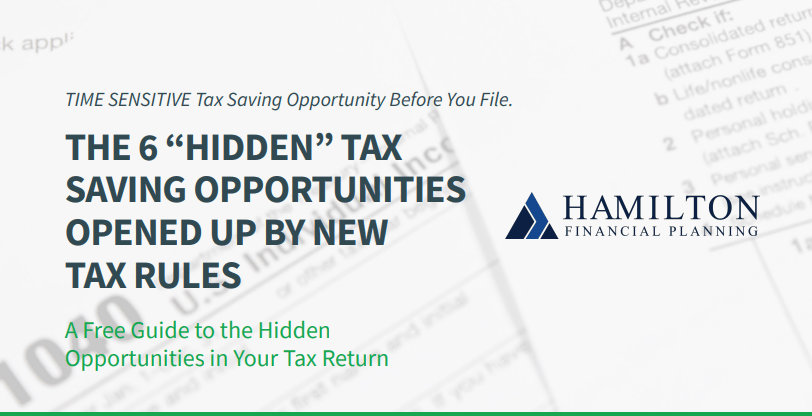
By Scott Hamilton
Almost half of all Americans worry about running out of money during retirement. Even if you don’t think this will happen to you, the need to be fiscally responsible in retirement is most likely weighing on your mind. If you want to stay on top of your finances in retirement, a budget is an essential foundation of a sound personal financial plan. In this article, we will discuss three budgeting tips to help boost your confidence and provide a sense of comfort as you enter and enjoy retirement.
Table of Contents
1. Identify Flexible Spending Categories
As you build your budget, organize it based on needs. Every single expense should be identified as either fixed or variable and essential or non-essential. For example:
- Fixed/Essential would be items like housing expenses.
- Variable/Essential items would be food.
- Fixed/Non-Essential items would be things like a gym or country club membership.
- Variable/Non-Essential would include forms of leisure or travel.
Knowing which expenses are necessary and which are flexible can relieve some of your concerns going into retirement. If you’re used to spending $8,000 a month, once you sort your expenses and discover that only $4,500 of them are truly necessary, it relieves a lot of pressure.
Identifying these spending categories also allows you to make wiser financial decisions and adjust better to market conditions. If we enter a bear market and your portfolio is down, you can cut spending back to cover the necessary expenses you identified. Maybe you put off that big trip or eat out less. This can potentially keep more of your money invested so you can be better positioned if and when the market bounces back.
2. Plan for Taxes
Unless all your money is in an after-tax account or Roth IRA, you’ll have to deal with taxes in retirement. Common taxes you’ll have to pay include:
- Part of your monthly housing payment in retirement is your homeowner’s insurance and property taxes. It’s important to continue to set aside money every month, just like you did with your mortgage. This way, you will have the funds available when those bills are due.
- Distributions from 401(k)s and IRA accounts will most likely be considered taxable income.
- Social Security benefits may be taxable, depending on your overall income.
It’s critical that you withhold and pay the proper taxes so you don’t get into a large tax bill situation. A competent tax preparer can help with this.
3. Work With a Professional
It may not be enough to only work with a tax preparer during retirement. Be sure to also work with a competent financial planner; it can mean the difference between a retirement marked by fear and stress (like the 49% of Americans mentioned above) and one of confidence.
Yes, it’s wise to have a financial professional help you with your investments during this next stage of life—but don’t stop there. You need your professional to help manage not only your money but also your entire financial life.
Our team at Hamilton Financial Planning believes a well-designed and implemented financial plan will provide you with a dignified, independent retirement. To learn more, schedule a complimentary get-acquainted meeting online or reach out to us at 512-261-0808 or scott@hamiltonfinancialplanning.com.
About Scott
Scott Hamilton is founder and chief financial officer at Hamilton Financial Planning, a wealth management firm that specializes in providing comprehensive financial planning for retirees. With over 20 years of experience in the financial industry, and having completed over 250 financial plans for retirees across all industries, but mostly the oil and gas industry, Scott is passionate about providing his clients with the tools and insight they need to achieve their financial goals. He has a Bachelor of Business Administration in finance from Texas State University and an MBA in international finance from Pepperdine University. Scott has also been happily married to his wife, Gayle, for over 25 years. To learn more about Scott, connect with him on LinkedIn.

